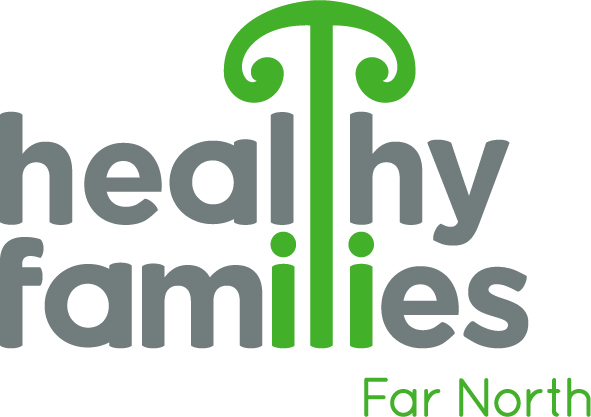Every year, those in decision making roles are making multi-million dollar decisions – decisions that impact and shape the future of our tamariki and mokopuna. But how often are they included in the decision making?
Healthy Families Far North have been working alongside the Far North District Council (FNDC), Waka Kotahi and the Northland Transportation Alliance (NTA), to collapse the distance between decision makers and those most affected by the proposed changes of the Kerikeri Transport Choices Project; allowing rangatahi to take the lead in designing locally-led solutions for their rohe.

Healthy Families Far North Manager, Kath Keremete, said when we bring those who are directly impacted by decisions into the different layers of decision-making processes, there are deeper and more impactful health and wellbeing outcomes that come with that.
“We know that there can be perceived challenges to bringing system players and whānau together, but when we create intentional spaces that promote the sharing of power, we get the most epic outcomes. The mahi with the rangtahi and council is a prime example of that,” she said.
“By recognising that the decision making of this project has a direct impact on our rangatahi in particular, and by supporting them to directly lead and input into the design and engagement process will enable a sense of rangatiratanga and kaitiakitanga within the young people of Kerikeri.”
Over the course of five days, nine rangatahi aged between 12 and 17 from Kerikeri and its surrounding areas were selected to be part of the project working group, where they engaged in paid mahi – a school holiday job – bringing their own expertise to the Transport Choices Project. The project is targeted towards providing safe, walkable and bikeable routes in Kerikeri, to encourage a variety of transportation choices and a shift towards active modes.
The working group spent over 30 hours walking the proposed routes, and spoke to over 100 community members reaching into spaces that regular engagement processes would be unlikely to reach.

Healthy Families Far North presented the groups insights to the FNDC, Te Koukou Transport Committee, which was approved by Council in September.
With over 2,500 tamariki and rangatahi located in the town’s “education precinct” of Honeheke Road, Far North Mayor Moko Tepania, said it made sense to bring them into the conversation around what that should look like.
“Please pass on our absolute gratitude to our rangatahi for the mahi they’ve done so far in this space,” he said.
“This is another example of great outcomes from taking a different approach, so if anything for our staff, if they could pay close attention to doing something different – sometimes it feels like it can be harder, but the benefits that come out of it, they outweigh all of those concerns at the start.”
Road and Safety Engineer at Northland Transportation Alliance, Elizabeth Stacey, said enabling rangatahi to be part of the project was better than she anticipated.
“My initial thoughts were no no no, this is a fast track project, but this was so much better than I ever anticipated,” she said.
“This experience was such good learnings for me, and I don’t want to stop here. I want this to be a part of the way we engage going forward.”

Aotearoa should be a place where our young people have access to the resources and opportunities they need to thrive, where rangatahi can make decisions and shape their own futures.
Kath Keremete commended the FNDC engagement team and the NTA active transport team for trying something new.
“We appreciate the team for trusting our process and for supporting this to happen in a way that was sincere and meaningful for the rangatahi. We know from our reflective practices with them, that they feel seen and heard.”
“We encourage FNDC to further consider how they might take this approach in the future with key stakeholder groups and we are happy to continue to work alongside them to support this in order to collectively reduce the harm of long term chronic illness and to enable the intergenerational wellbeing of our whānau across the Far North.”
